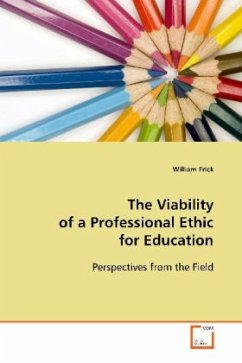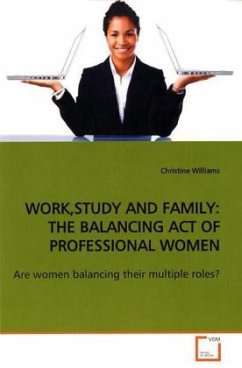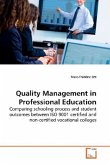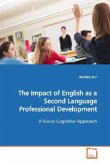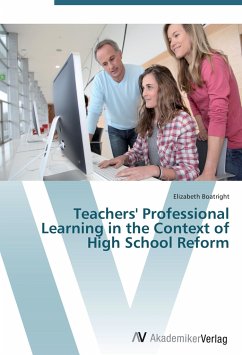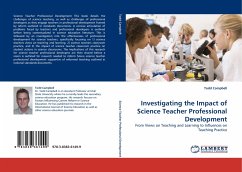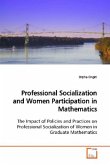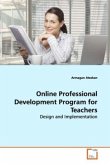This empirical study examined school leaders
perspectives about the expression the best
interests of the student as a viable professional
ethic for education. Additional features of
professional moral reasoning were examined as well;
including educators perceptions about the morally
unique aspects of their work, sense making about
their own experiences and judgments where a
plurality of values embody competing moral
standpoints, and the meanings ascribed to
professional moral practice. Findings indicate what
participants clearly articulated unique moral
aspects of the profession. The expression, the best
interests of the student was employed as a
professional injunction in order to recognize,
respond to and address students needs. Sometimes
the phrase was used as a formal maxim, while more
often the expression was weighed with a variety of
other rules of actual duty, assortments of
additional considerations and motivations, and
situational and contextual variables in order to
determine what value or set of values take(s)
precedence while seeking to meet both individual and
collective student interests.
perspectives about the expression the best
interests of the student as a viable professional
ethic for education. Additional features of
professional moral reasoning were examined as well;
including educators perceptions about the morally
unique aspects of their work, sense making about
their own experiences and judgments where a
plurality of values embody competing moral
standpoints, and the meanings ascribed to
professional moral practice. Findings indicate what
participants clearly articulated unique moral
aspects of the profession. The expression, the best
interests of the student was employed as a
professional injunction in order to recognize,
respond to and address students needs. Sometimes
the phrase was used as a formal maxim, while more
often the expression was weighed with a variety of
other rules of actual duty, assortments of
additional considerations and motivations, and
situational and contextual variables in order to
determine what value or set of values take(s)
precedence while seeking to meet both individual and
collective student interests.

